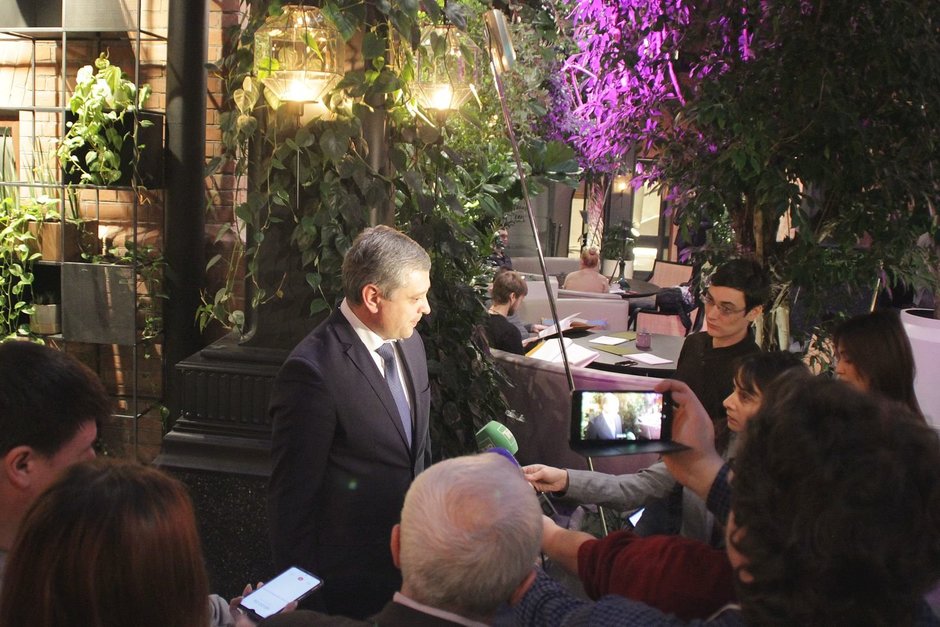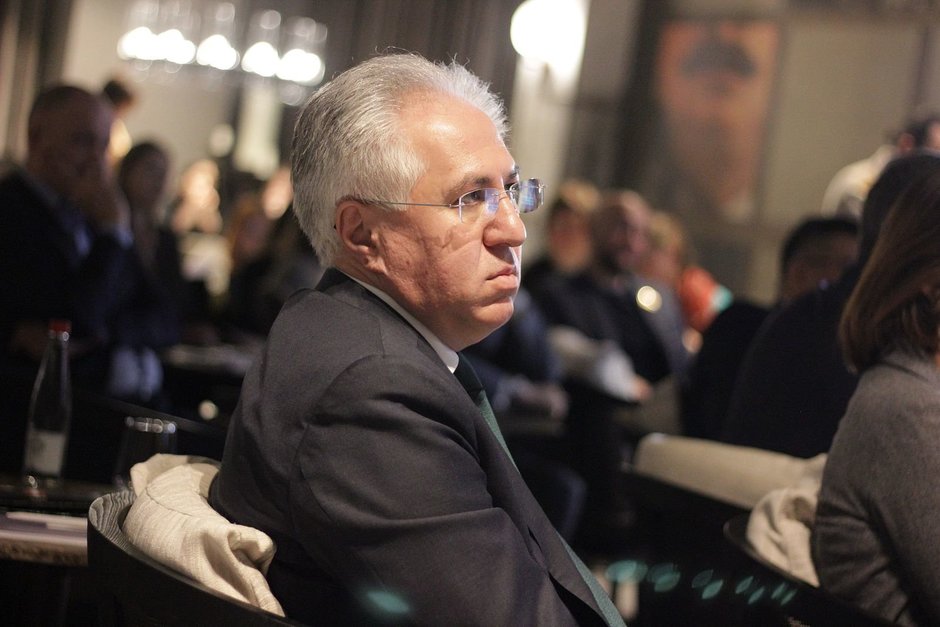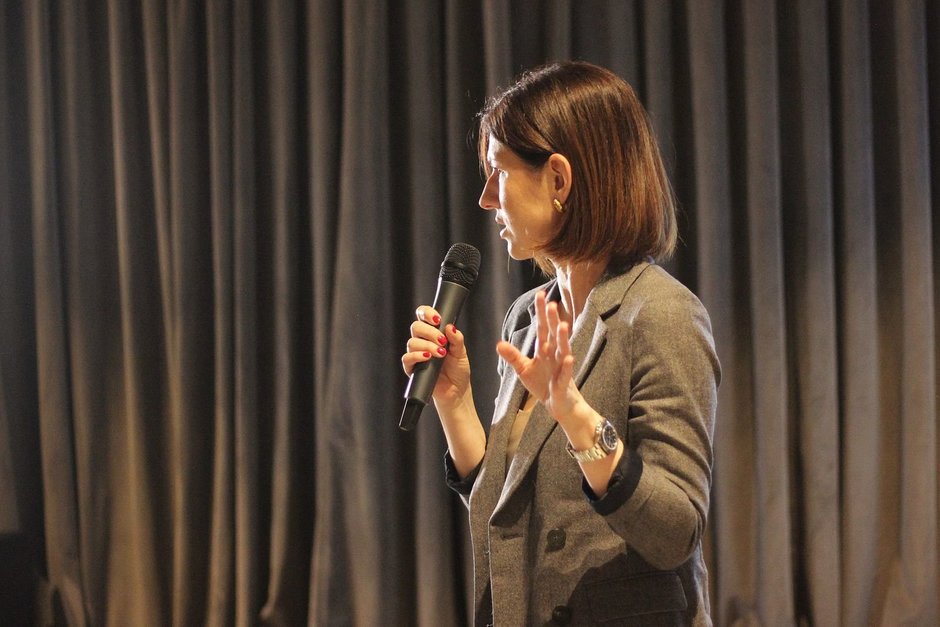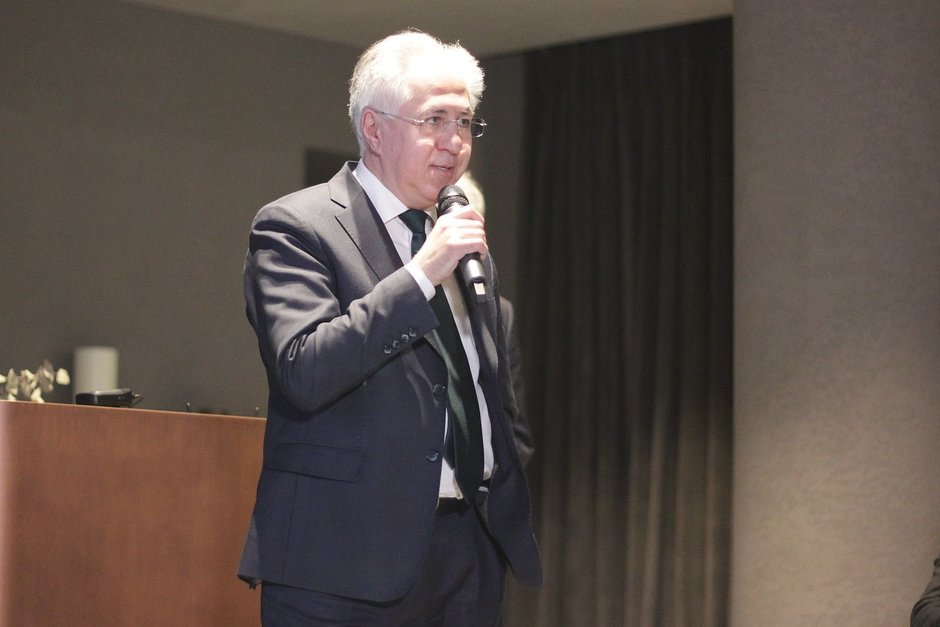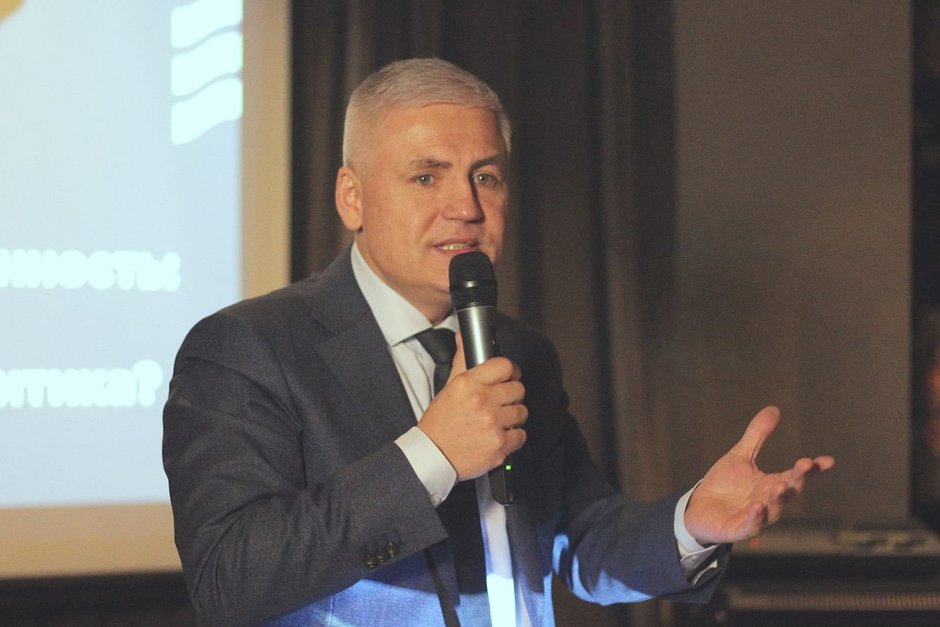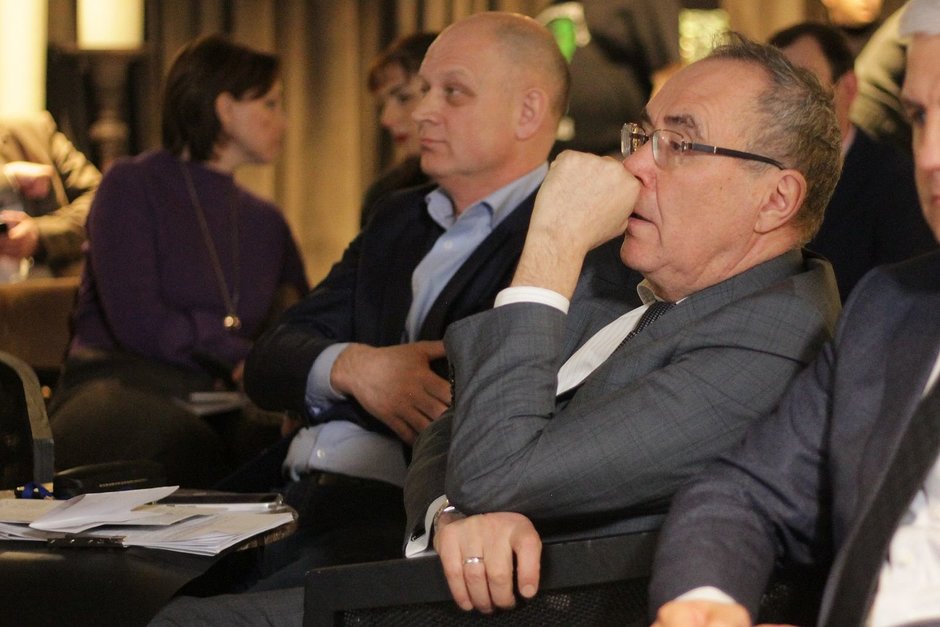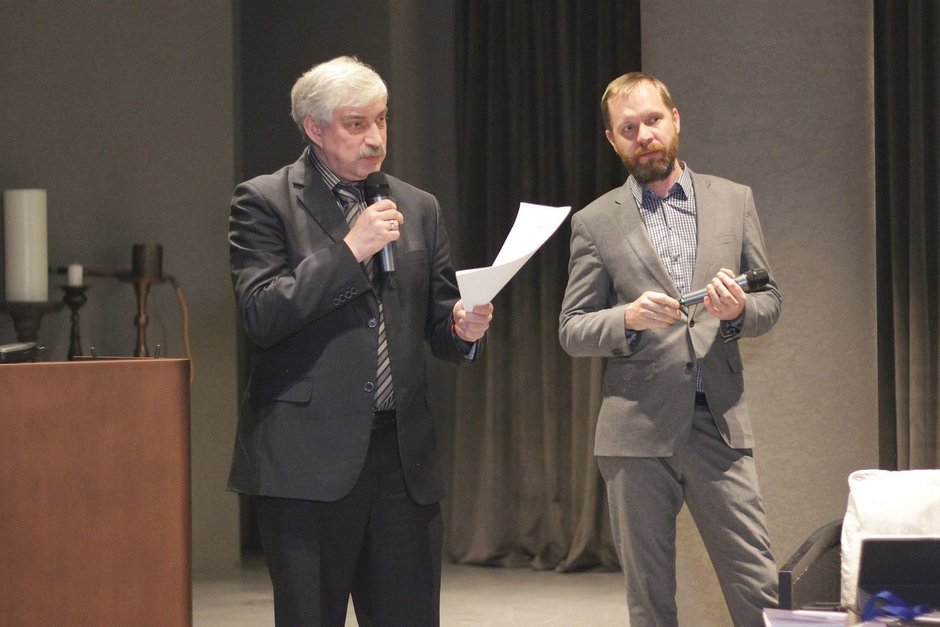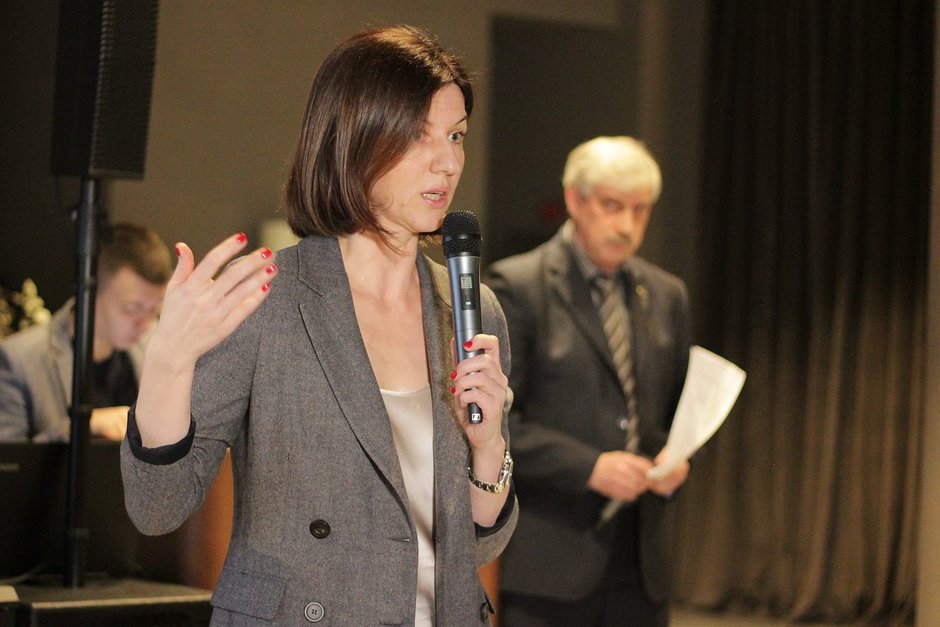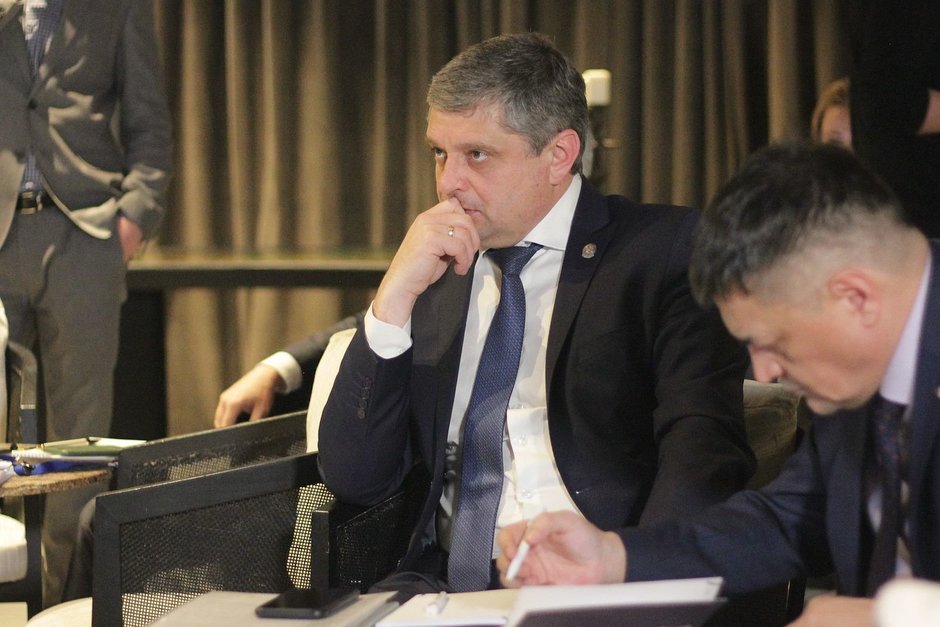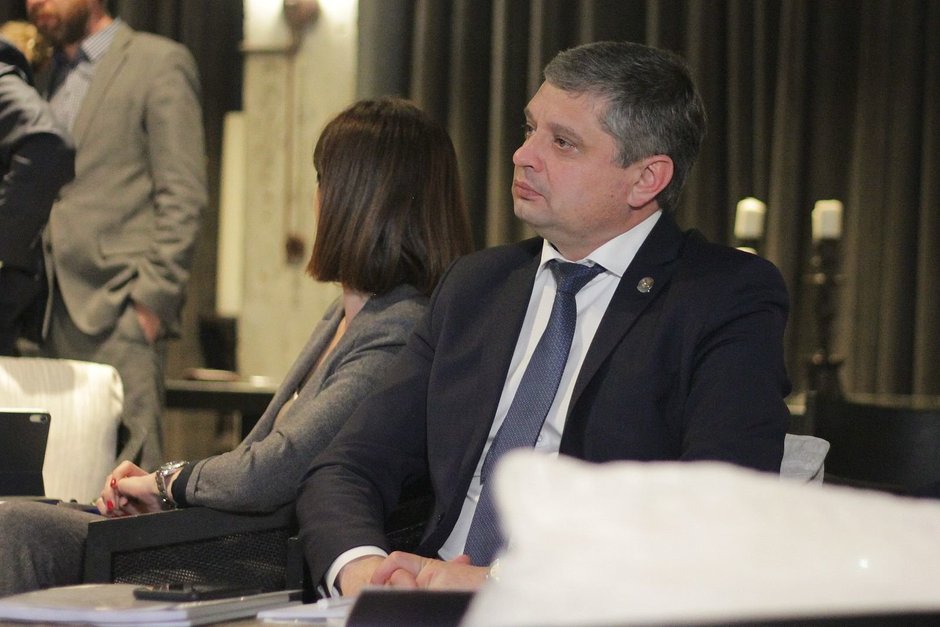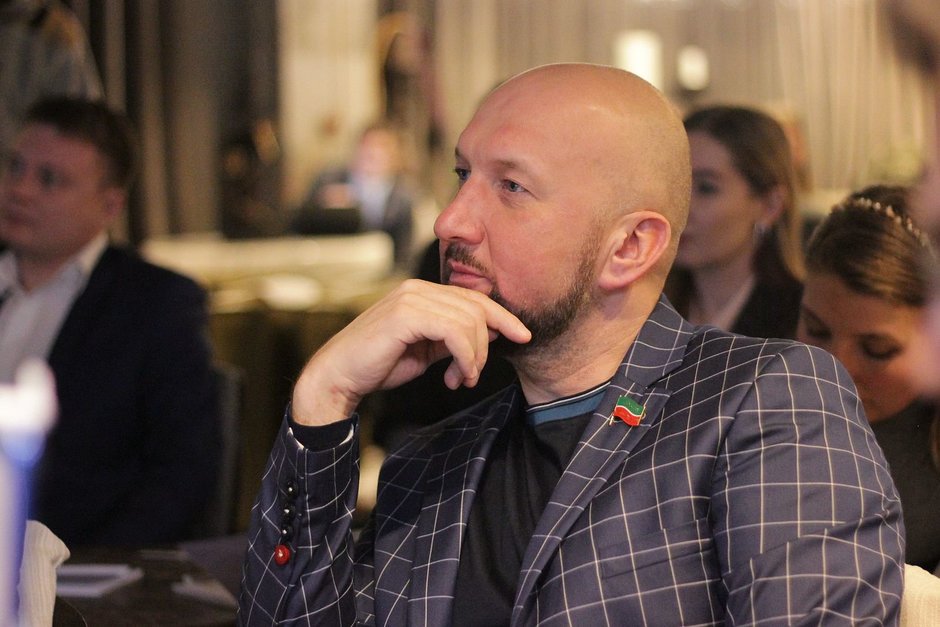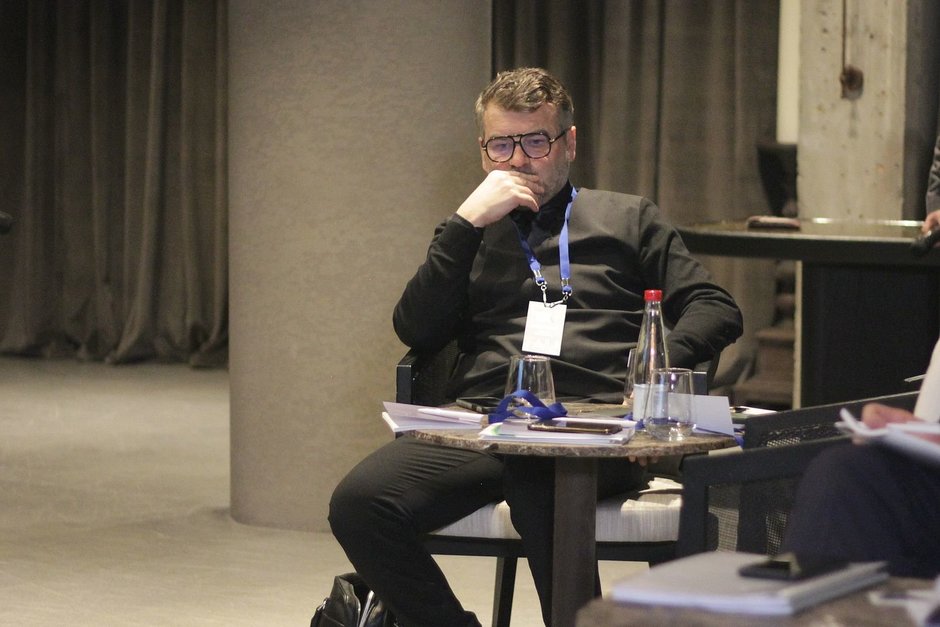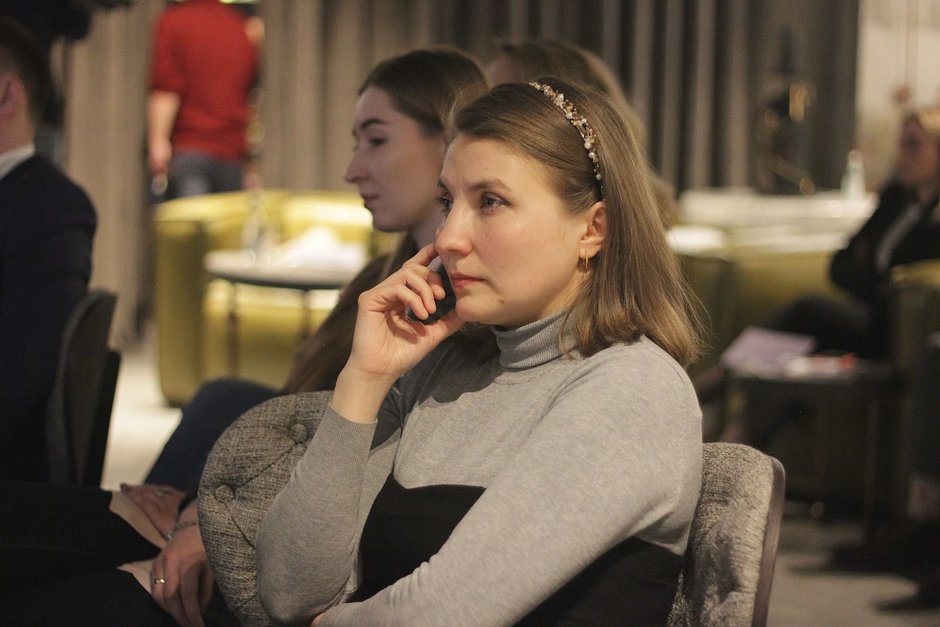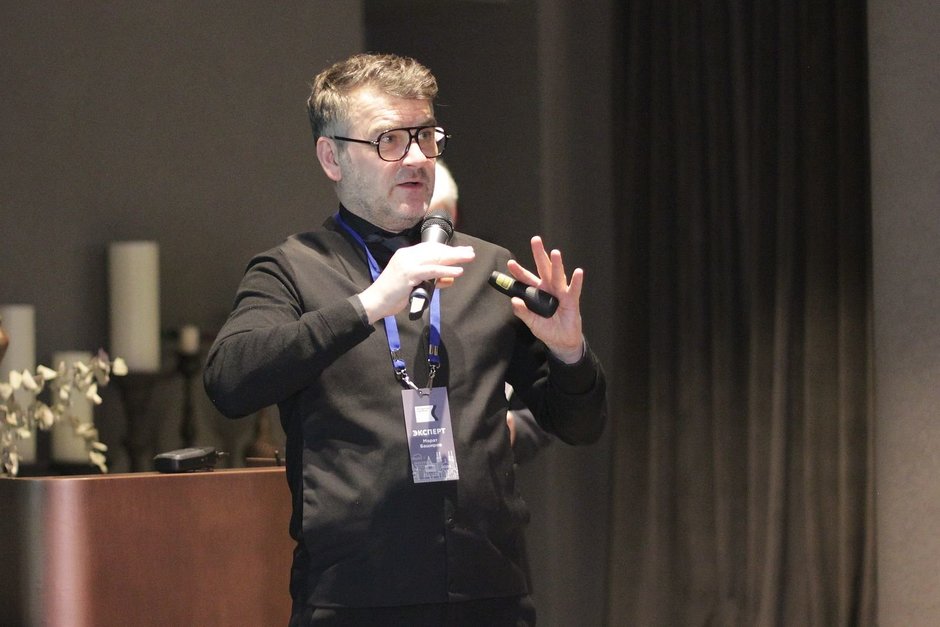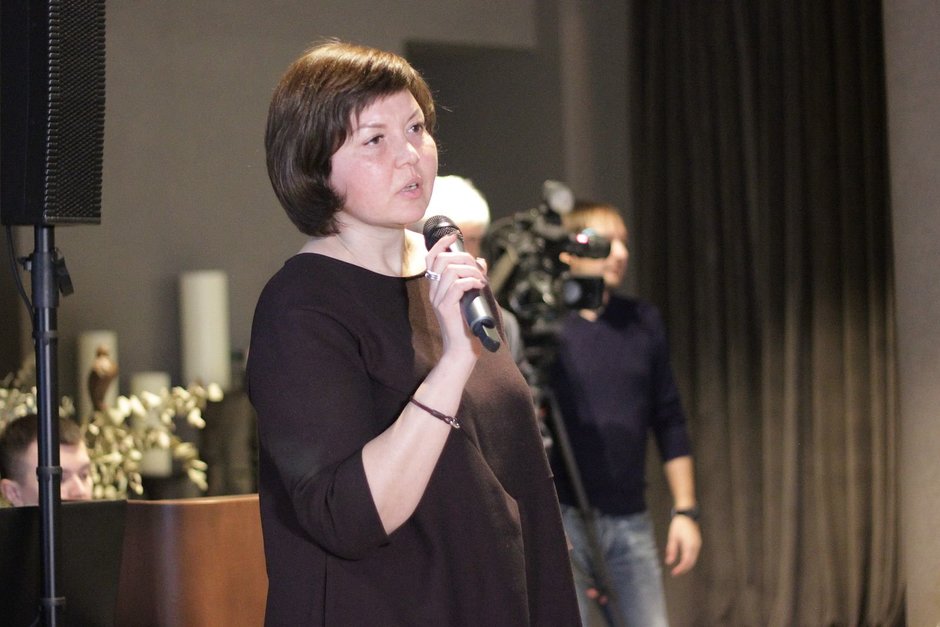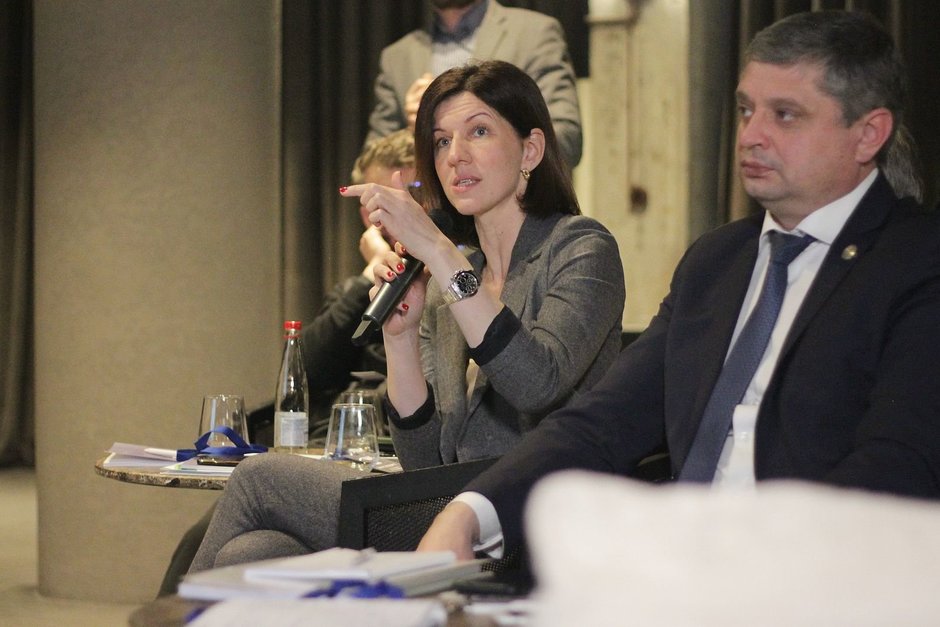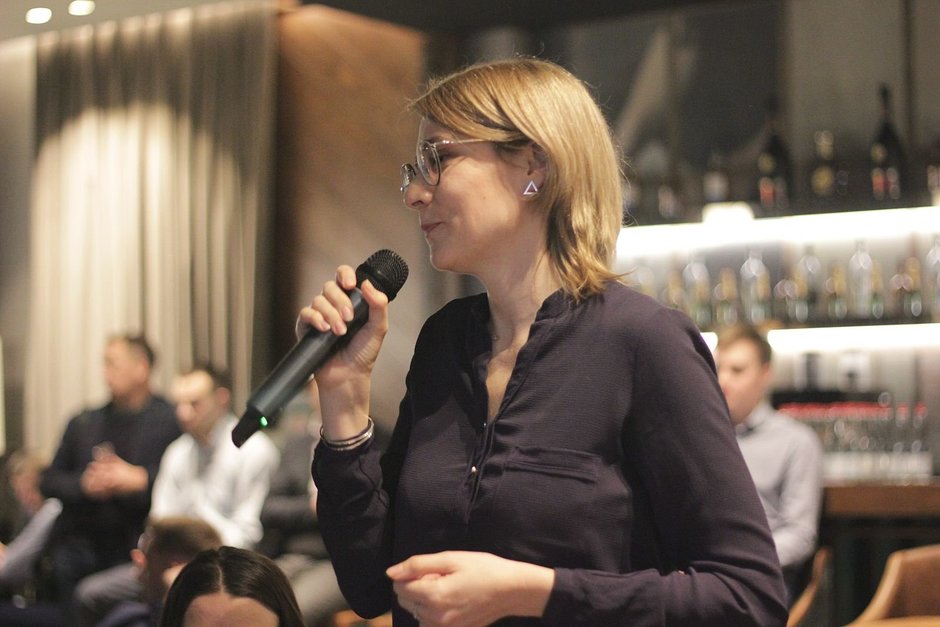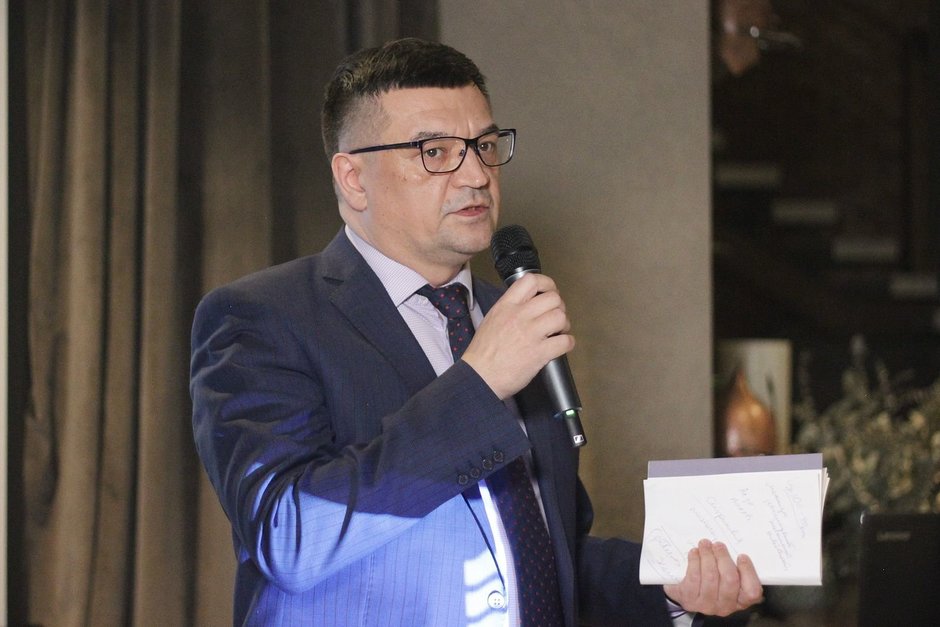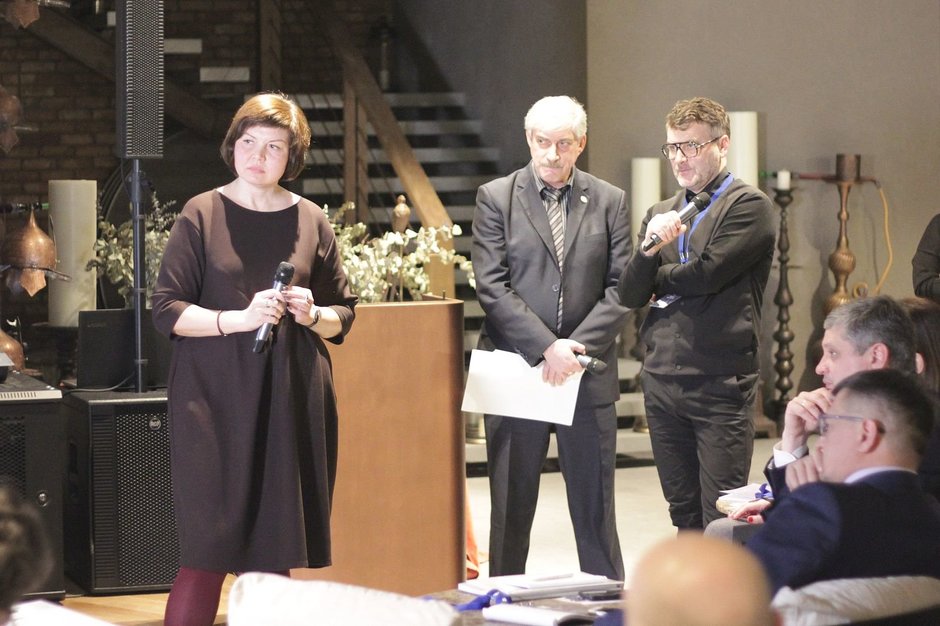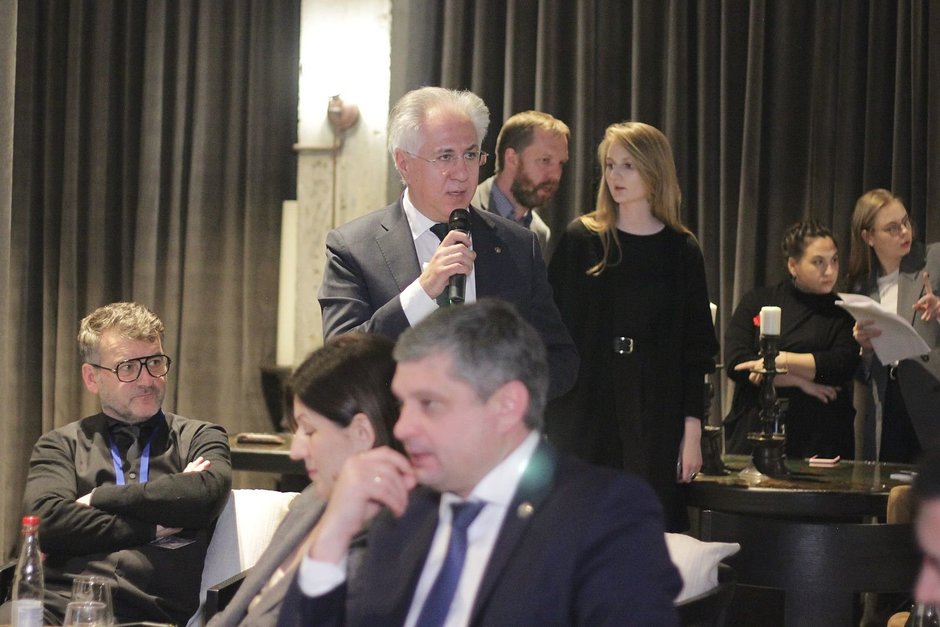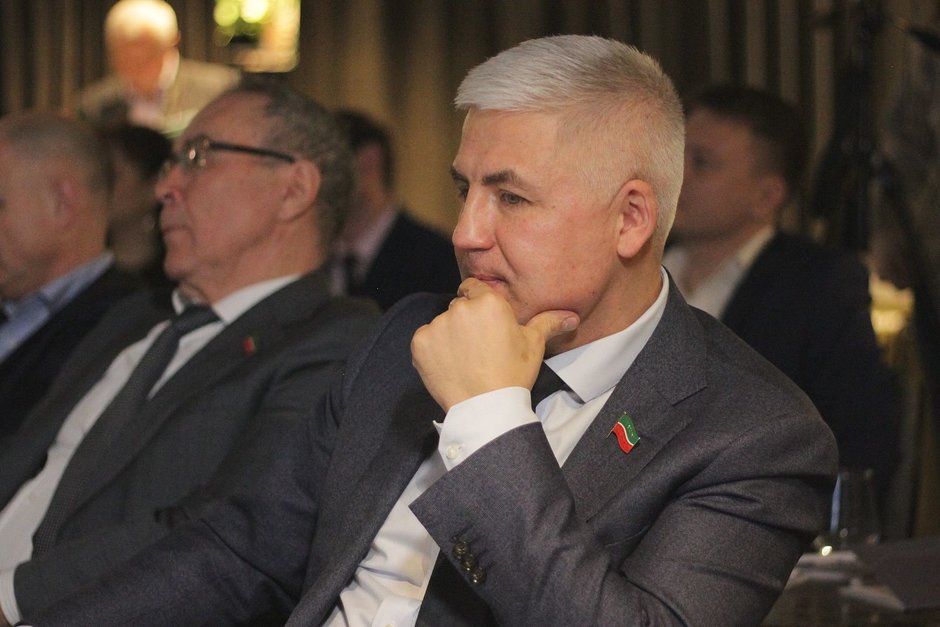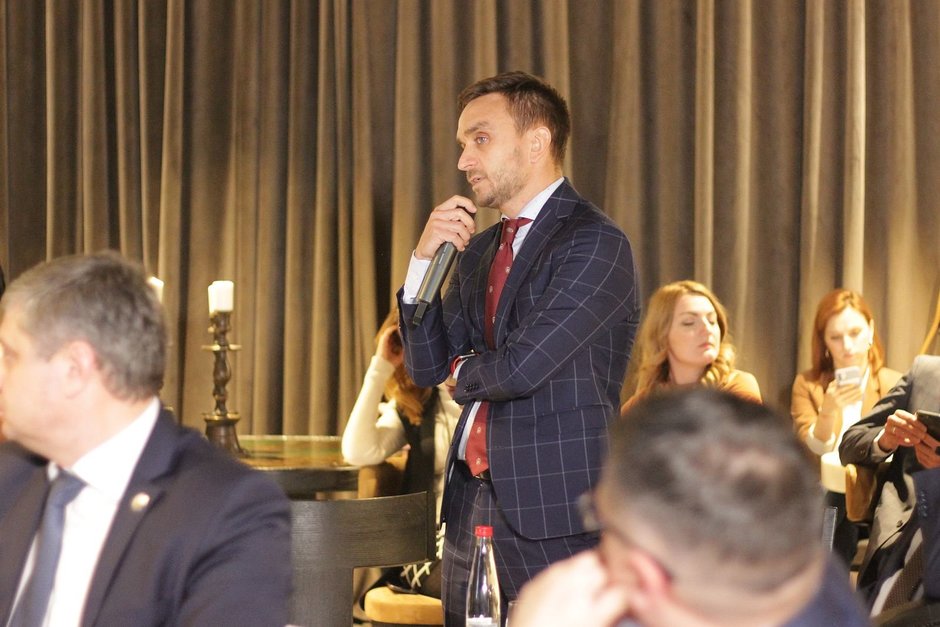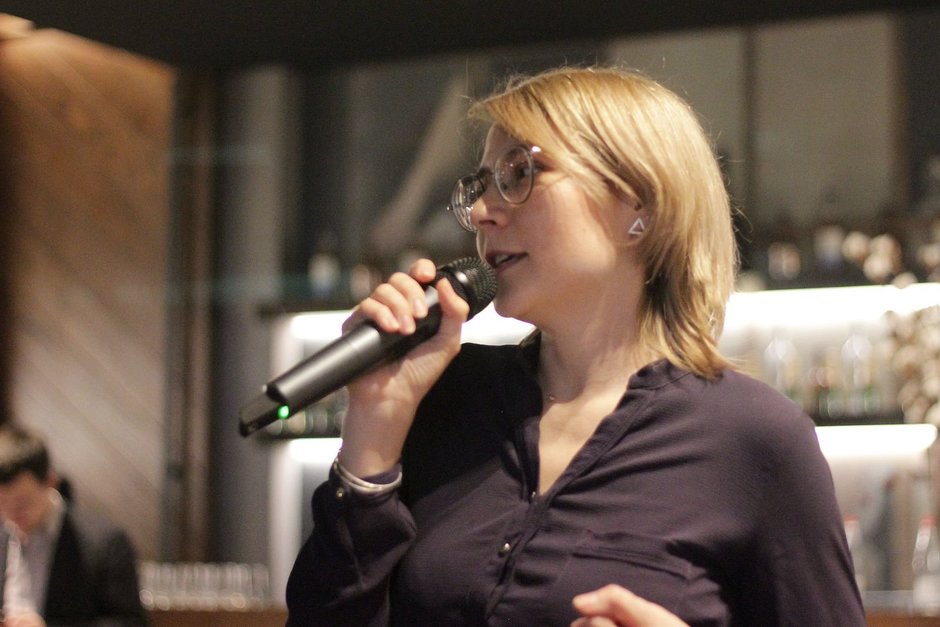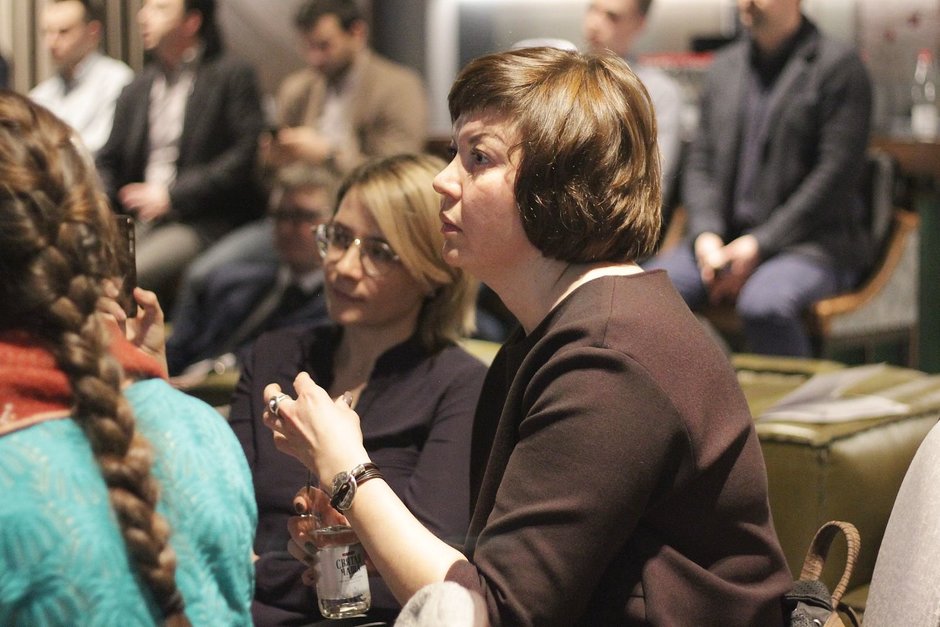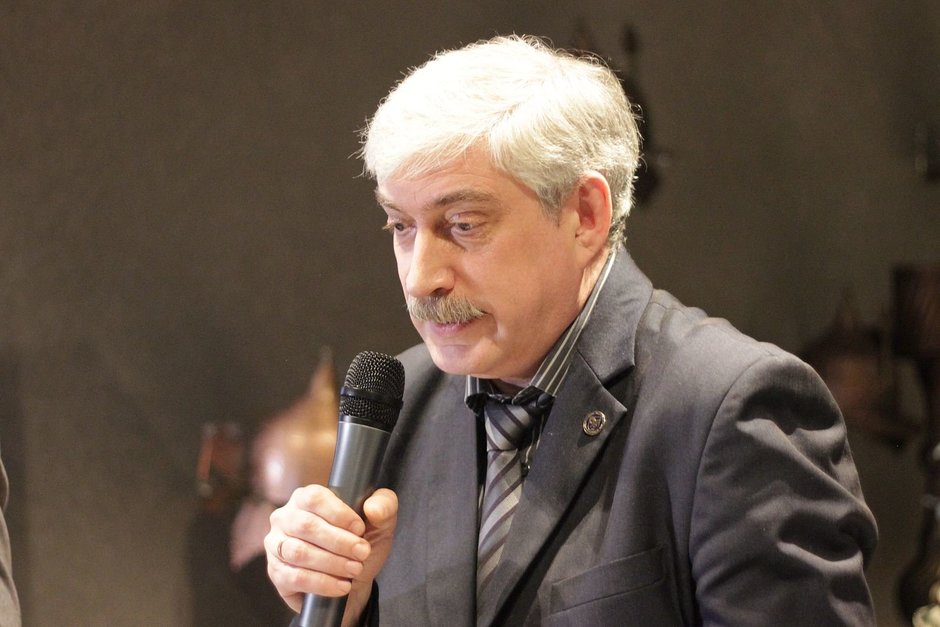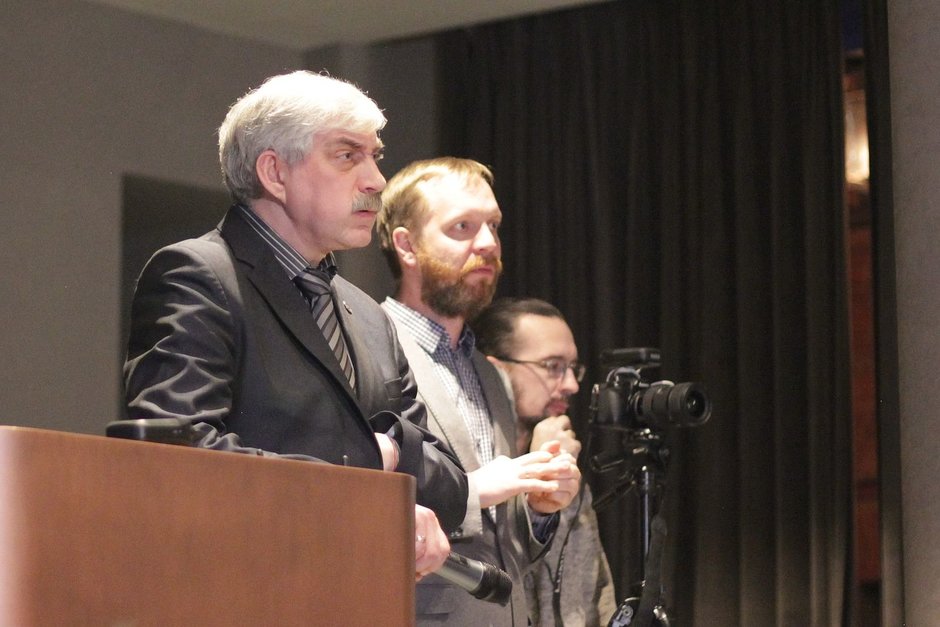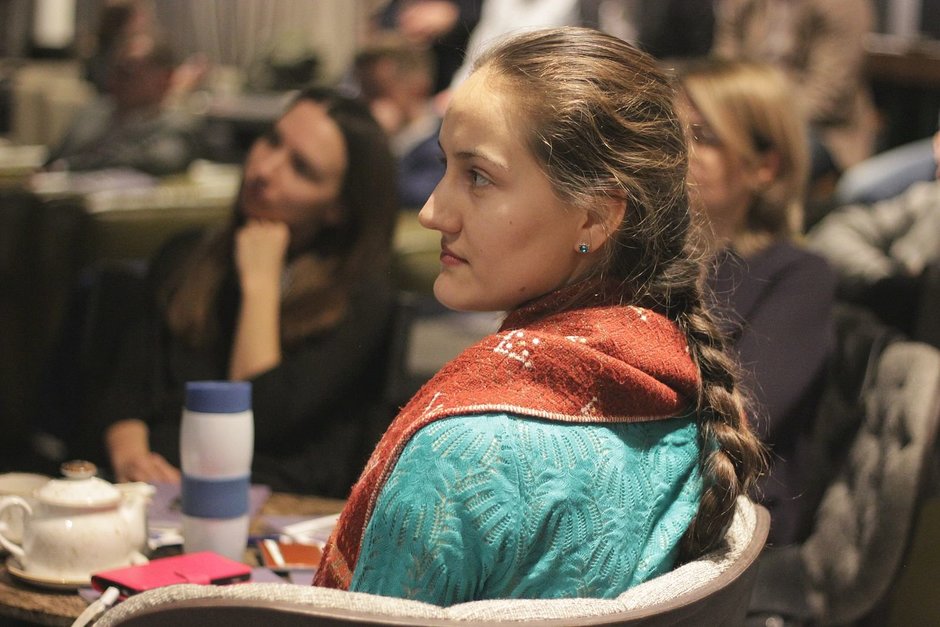‘People should be explained that it is not a waste incineration plant but a waste recycling facility’
Environmental problems and cooperation between society, businesses and authorities in their solution were discussed in Volga debating club
The environment became the topic of this year’s first meeting of Volga expert club in Kazan. Specialists tried to come to an agreement on relationships between humans and the environment. The discussion, which mainly boiled down to the burning problem of waste management, stretched into almost two hours. Theoreticians and practitioners discussed reasons for environmental protests and cooperation between society, businesses and authorities in solving the waste problem. Realnoe Vremya’s correspondent followed the talk. Read the details in our report.
Why did the environmental agenda make people take to the streets?
Environmental Responsibility: One’s Own Business or Public Responsibility? This how the theme of the club’s meeting sounded. However, experts quickly figured out a provocation having replaced the conjunction “or” for “and”: the environment belongs to everybody, so the responsibility for it is shared. But not all people realise it. According to Vice Chairwoman of Business Russia’s Committee for Environment Natalya Belyayeva, a person doesn’t exist separately from the state, but a person’s stance on environmental issues is often parasitical.
“A person asks: ‘What do I have to do here? I want them up and offer a good service for the money I give as a taxpayer’. But what do we do ourselves to change something?” Belyayeva asked the audience.
Chairman of Russian Environmental Society Rashid Ismailov reminded them that there was another important stakeholder apart from society and the state in environmental issues — businesses. According to surveys, Russians are inclined to blame them for environmental problems.
Meanwhile, moderator of the discussion, Dean of the Higher School of Journalism and Media Communications at KFU Leonid Tolchinsky was concerned about how such a narrow theme as the environment became the central plank on the political agenda. Like neither health care problems nor disorders in education nor anything else could make Russians take to the streets. And the environment managed to do it.
“We live in a reality we have. A lot of packets began to be generated, the delivery industry is developing, we got used to changing mobile phones as often as new models appear,” Natalya Belyayeva tried to find an explanation.
Rashid Ismailov assumes that mistrust in the authorities, which was mainly provoked by the authorities, made Russians took to the streets.
“When people began to understand that what they breathed, what water they drank and what will happen to waste depended on state policy on the environment, there appeared a demand for participating in environmental policy, in its execution. A conflict arose. Functionaries in some regions, I don’t mean Tatarstan, consider that state policy on the environment is just their business. And if people want to participate, see reports, find out what money is spent on, there is a conflict not all authority bodies managed to decently resolve, they didn’t establish communication with the population correctly,” Rashid Ismailov thinks. “Hence people’s mistrust in authorities and businesses, which, in society’s opinion, are in cahoots with the authorities. There must be a solution to this crisis, a new format of cooperation between society, authorities and businesses. It is necessary to reconsider everything. If earlier it was enough to have an environmental public council consisting of experts, now this is little.”
“It won’t get worse”
President of national GR-liga Marat Bashirov reminded them in his speech how much humans’ negative impact on nature increased as a result of a series of industrial revolutions. Even a whole area appeared in science — environmental psychology studying the specifics of relationships of humans with the environment and influence of environmental changes on people. For instance, if in many regions (Bashirov put an example of Chelyabinsk Oblast) the bad environment becomes a factor of negative migration: people want to get out of there where they have to breathe not fresh air and drink contaminated water.
Bashirov singled out three types of environmental consciousness of humans: archaic (that is characteristic of primitive society when people lived in harmony with nature), anthropocentric (that is characteristic of today when a person considers that he has the right to use nature in many ways) and ecocentric (it is what we should aspire to — a careful attitude of humans to the environment).
In Bashirov’s opinion, the current state of the environment is so that it won’t get worse, and all actions aimed at correcting the situation will lead to an improvement. But this isn’t a rapid process.
“Our industry has been polluting the environment for 70 years. This can’t be fixed within 1-2 years. It is necessary to explain this to people. I have heard today that people in Tatarstan are indignant about the construction of a waste incineration plant. They should be explained that it is not a waste incineration plant but a waste recycling facility where everything that will be brought there will be sorted out first,” Bashirov says. “There must be enthusiasts who will explain people such things, there must be sites to discuss them. And the authorities should back up such sites.”
Regional operator sorting waste is like baker who cultivates wheat
First Vice President of OPORA Russia Azat Gazizov added that people should be instilled with environmental consciousness (preferable from childhood), but as practice shows at the moment, the state of affairs in education isn’t the best. According to Gazizov, people often see that waste in their courtyards that was sorted out by residents was dumped into one bin lorry in front of their eyes discouraging them from sorting waste out further.
Deputy of the Tatarstan Nikolay Atlasov developed the topic of separate waste collection. He compared regional operators that have to sort waste out with a baker who has to cultivate wheat on his own. In Atlasov’s opinion, other business entities should rather be tasked with sorting waste out with factions that can be recycled, regional operators shouldn’t be burdened with this function.
“I am a recycler, we began doing this in Naberezhnye Chelny as early as five years ago. Now we have 150 points, we collect recyclable materials themselves, we don’t ask for money from anybody,” Atlasov reminded. “And it is profitable for us. So why should we make the regional operators that don’t need to do this?”
Another participant of the discussion — Guzeliya from Eco-Friendly Kazan — told them about her vision of how some of the current waste-related problems could be solved. Her experience is based on practice. In the environmental campaigner’s opinion, we should talk about not only the management of existing waste but also reduction of its amount when it is just generated.
“We had a clean-up campaign in Middle Kaban Lake in September and analysed the composition of waste. Single-use dishware accounts for the most part. So why not restrict its sale?” Guzeliya addressed the audience. “As for people’s mistrust in the authorities in environmental issues, it happens mainly because of a lack of information. It should be shown more what happens to waste after it is thrown out to the container, how it is sorted and recycled. Many come to us and ask what to do with some type of waste, for instance, old tyres. In other words, there is a demand for it from people, but there is a lack of information, ready algorithms.”
Minister of Ecology of Tatarstan Aleksandr Shadrikov was entrusted with concluding the discussion. He reminded in an educated manner, which is characteristic of him, that the concept of the environment was not just limited to waste only. He also assured that his ministry was ready to discuss any constructive ideas and proposals with environmental campaigners and use the best of them in practice.
